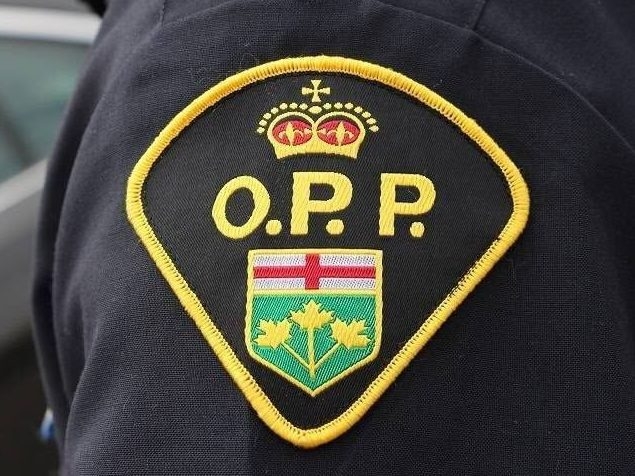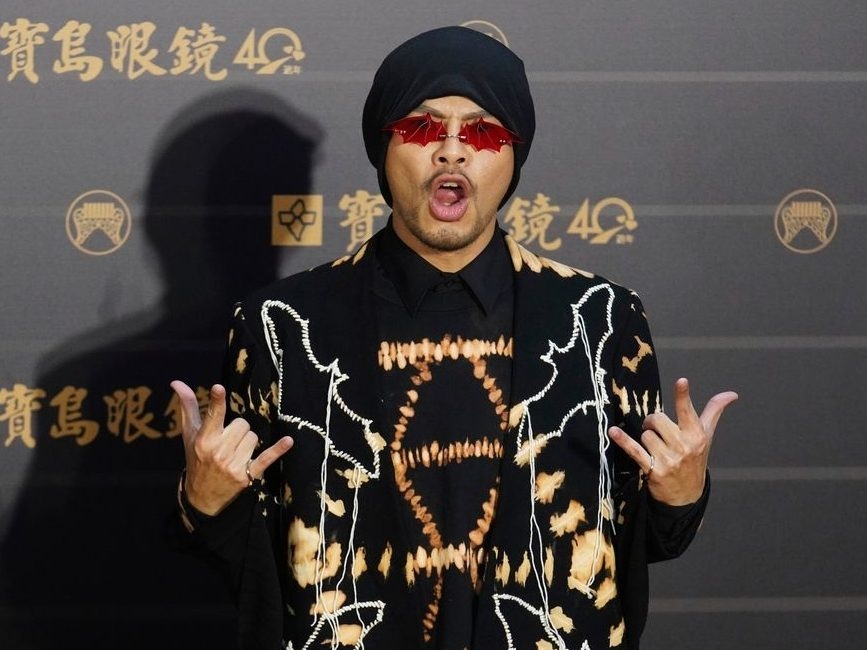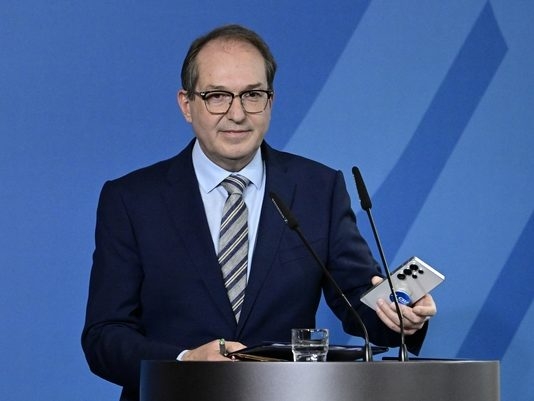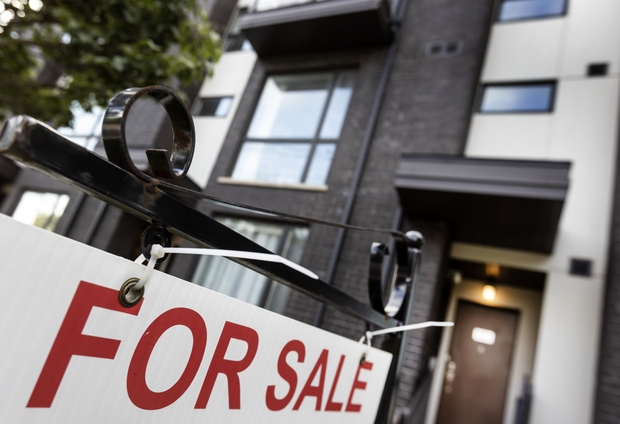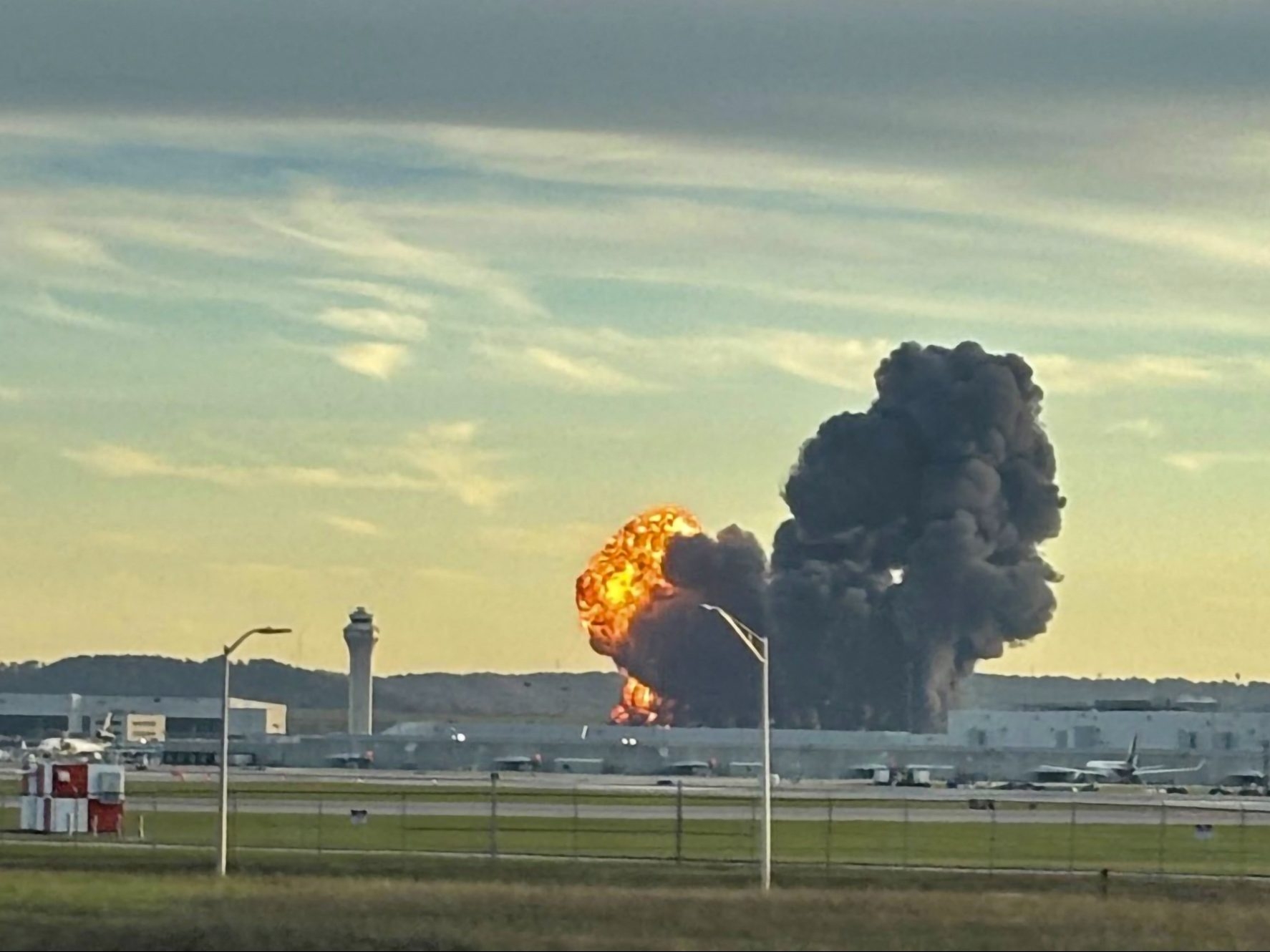New York City has a new mayor, a 34-year-old state lawmaker named Zohran Mamdani, whose victory marks a stunning political upset and a potential turning point for the nation’s largest city.
Mamdani’s win wasn’t just a victory for the Democratic party; it was a resounding endorsement of the progressive wing, defeating both former Governor Andrew Cuomo and Republican candidate Curtis Sliwa in a race that saw the highest voter turnout in over half a century.
He will be the first Muslim mayor, the first of South Asian heritage, and the first born in Africa to lead New York City, taking office on January 1st as the city’s youngest mayor in over a century.
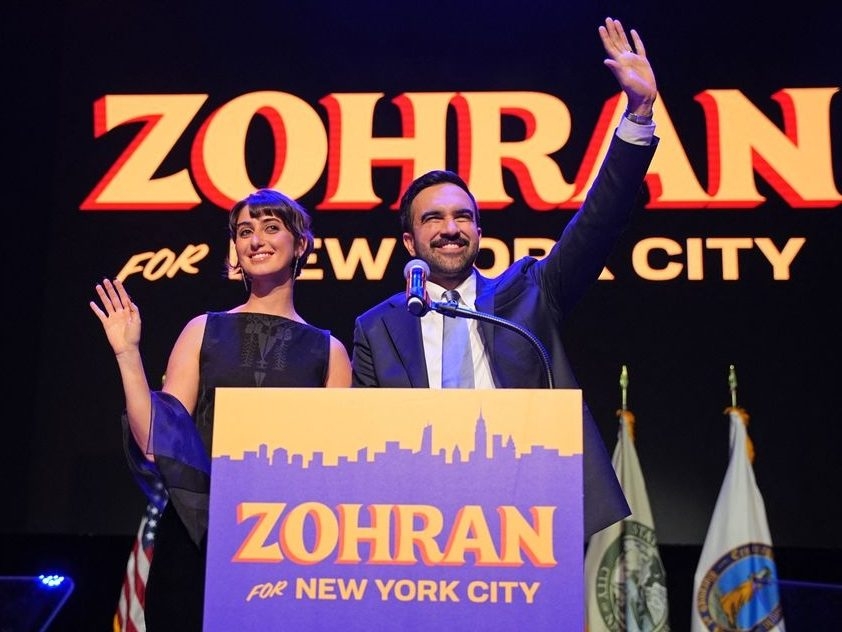
“The conventional wisdom would tell you that I am far from the perfect candidate,” Mamdani boldly declared to a jubilant crowd, “I am young, I am Muslim, I am a democratic socialist, and I refuse to apologize for any of this.” His words resonated with a city hungry for change.
More than two million New Yorkers cast their ballots, driven by a desire for a leader who understands the struggles of working-class families and promises to prioritize their needs above all else.
Mamdani’s rise challenges the established norms of American politics, emboldening Democrats to embrace progressive candidates and question the long-held belief that centrism is the only path to victory.
His win immediately drew fire from national Republicans, including pointed threats from former President Donald Trump, who vowed to cut federal funding and even attempt to take control of the city should Mamdani succeed.
The atmosphere at Mamdani’s victory party in Brooklyn was electric, filled with cheers, tears, and a palpable sense of hope as supporters celebrated a historic moment for the city and the nation.
In contrast, a somber mood hung over Cuomo’s gathering, where the former governor conceded defeat, warning of a “dangerous road” ahead but ultimately offering his support to the incoming mayor.
Mamdani’s campaign centered on a bold vision for affordability, a message that resonated deeply with voters disillusioned by Cuomo’s attempted comeback, which was overshadowed by past allegations and a perceived negativity.
He directly addressed Trump’s threats, asserting that New York will remain a city of immigrants, built and powered by them, and now led by one. He confidently stated the city could show the nation how to defeat Trump.
Now, the challenge begins: translating ambitious campaign promises into tangible results. Mamdani has pledged free childcare, free bus service, city-run grocery stores, and a reimagined approach to public safety focused on mental health support.
Funding these initiatives will require navigating a complex political landscape, particularly with Governor Kathy Hochul’s resistance to tax increases on the wealthy.
His past criticisms of the New York Police Department, while later softened with an apology, will also be under intense scrutiny as he makes crucial decisions about the department’s leadership and future.
Throughout the campaign, Mamdani faced criticism for his outspoken advocacy for Palestinian rights, including accusations of anti-Israel bias, but remained steadfast in his convictions.
Mamdani’s journey from a relatively unknown state lawmaker to the mayor of New York City is a testament to the power of grassroots organizing, a compelling message, and an unwavering commitment to the people he serves.
Cuomo entered the race as the frontrunner, bolstered by name recognition and political connections, but Mamdani’s charisma and populist platform quickly gained momentum, ultimately securing a decisive victory in the primary.
While Cuomo attempted a resurgence as an independent, his campaign remained focused on attacking his opponents, while Mamdani continued to connect with voters through engaging events and a positive vision for the city’s future.
Sliwa, the founder of the Guardian Angels, offered moments of levity but struggled to gain traction in the overwhelmingly Democratic city, conceding the race shortly after the polls closed.
The election of Zohran Mamdani represents more than just a change in leadership; it signifies a shift in the political landscape of New York City, and perhaps, a glimpse into the future of American politics.
